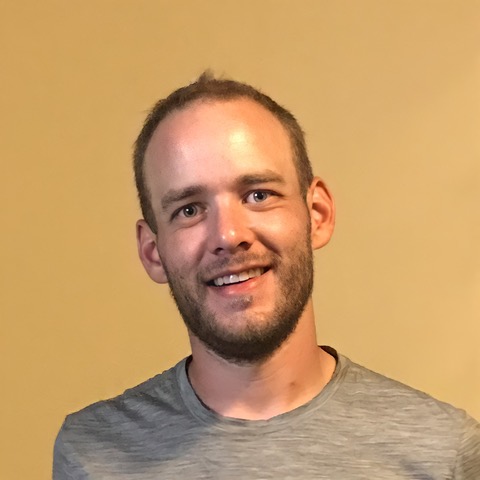Project Leaders
The WSBC supports interrelated research projects. Our current Project Leaders (PLs) are:
Dr. Ram Shukla
Assistant Professor, Department of Zoology and Physiology
rshukla@uwyo.edu
Project Title: The neurobiology of ribosomal proteins and ribosomal-protein-pseudogenes
Project Summary:
In my research, I am investigating how stress impacts ribosomal infrastructure in neurons. Building on preliminary studies using murine models of neurobiological stress, I observed a significant pattern: downregulation of ribosomal protein genes (RPGs) and upregulation of ribosomal protein pseudogenes (RP-pseudogenes) during stress, particularly in the neuritic pathways of neurons. I hypothesize that these ribosomal alterations may modify the composition of ribosomes in a neuron-compartment-specific manner, potentially leading to specialized translation during stress. To test this, I use glucocorticoid-stressed primary neurons grown on a microporous membrane to separate somatic and neuritic compartments. Using this system, I am currently exploring whether the downregulation of RPGs alters ribosomal protein (RP) stoichiometry and whether the upregulated RP-pseudogenes translate into ribosomal paralogs, potentially contributing to altered ribosome composition. My goal is to understand how stress-induced ribosomal heterogeneity could lead to the specialized translation of specific mRNA species. Moving forward, I plan to further investigate the functional specialization induced by these heterogeneous ribosomes during stress.
Dr. Emily Schmitt
Associate Professor, Kinesiology & Health
eschmit4@uwyo.edu
https://www.uwyo.edu/kandh/labs/circadian-rhythm-lab.html
The Role of Exercise in Controlling Central Mediators of Circadian Rhythm
Project Summary:
Our overarching hypothesis is that chrono-timed exercise can restore rhythms in a misaligned central circadian clock. Despite the well-known benefits of exercise to overall health, limited studies have utilized exercise as a way to restore clock function, specifically in the suprachiasmatic nucleus (SCN). Exercise can entrain peripheral clocks and elicit circadian phase-shifting effects but the underlying mechanisms are unknown. In particular, the coordinating efforts of the SCN in such exercise-induced entrainment of peripheral clocks is not fully known. It has recently been reported that mid-afternoon exercise in humans can phase-shift the peripheral molecular clock, yet more studies are needed to determine how exercise can be a chronobiological tool for alleviating circadian misalignment, specifically in the SCN. Our lab utilizes a well-published rodent model of circadian disruption. In addition, coupling my expertise of exercise science with our established model of circadian disruption uniquely qualifies our lab to study this hypothesis. Our goal is to gain a better understanding of how exercise restores proper circadian function during circadian disruption. Our preliminary evidence suggests that chrono-timed exercise during circadian disruption via continual light-dark cycle phase shifts results in a pattern of Fos expression (a marker of neuronal activation) that more closely resembles undisrupted mice compared to mice that did not exercise. This project examines the relationship of this restored Fos pattern to markers of specific SCN input pathways that are known to be associated with exercise-induced entrainment.
Dr. Brandon Roberts
Assistant Professor, Zoology/Physiology
https://brandonrobertsphd.com/
Impact of early overnutrition on leptin signaling in hypothalamic neuropeptide Y neurons
Project Summary:
Childhood obesity is spiraling out of control and leads to metabolic disease and premature death later in life. Understanding the impact of early life overnutrition is critically important, and the hypothalamus is a key brain region in metabolic regulation. This proposal addresses the mechanisms by which developmental overnutrition affects the function of neural circuits essential for energy balance with particular effort placed on the interplay between metabolic processing and time of day.




